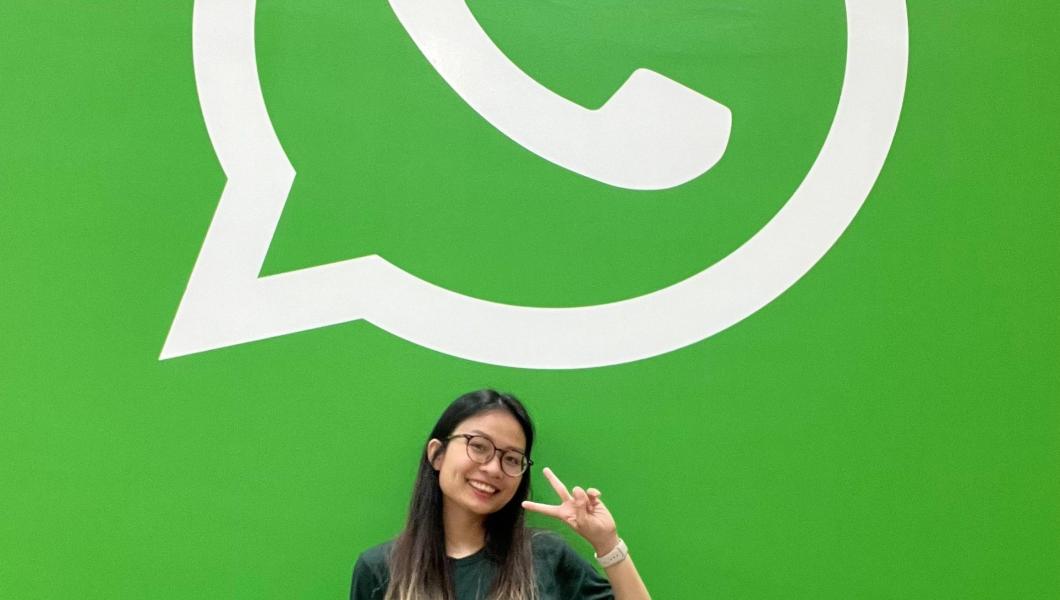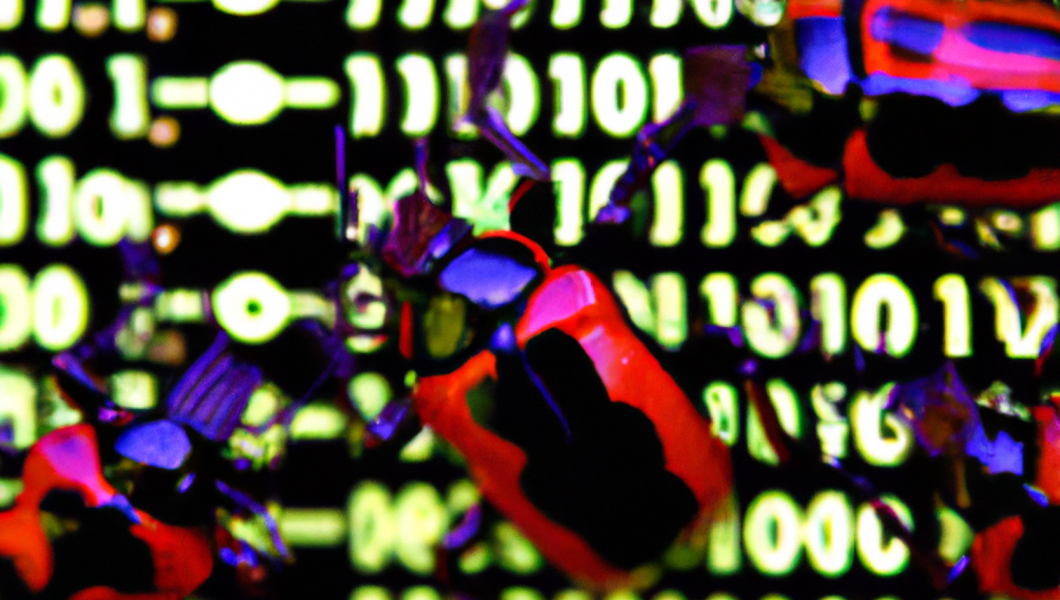GirlHacks Went Virtual, Projects Focused on COVID-19 and Social Justice

GirlHacks went virtual this year, with extra-diverse participation and several healthcare-oriented projects, all due to the COVID-19 pandemic.
The event, which was hosted Oct. 10-11 by NJIT's Women in Computing Society, had almost 80 entrants spanning 28 projects from colleges and even high schools across the U.S. and beyond.
"I think we had a lot of engagement considering the fact that this was in a pandemic. People worked an entire weekend building their projects. It was very inspiring to me. … No one would have thought this event would have been possible completely virtually when the event started out last year," said organizer Pradnya Desai, a junior computer science major from Edison.
Among the goals of GirlHacks are to have fun and encourage more women to get involved in STEM fields, especially computer science, which is also a goal of the faculty in Ying Wu College of Computing.
Six projects dealt directly with the pandemic: Corona Patrol, which is a resource portal; COVID-19 Data Analysis, to provide custom views; COVID-19 Tracker, for following spread and containment; Quackin' in Quarantine, to find virtual events and things to do; Vital Watch, for tracking hospital equipment resources; and VizardEdu, which helps determine if people are sick and if they've been wearing masks.
Another four projects addressed the mental side of living in 2020, including Get Cranial, which aggregates resources; Learn Aid, providing study tools for people with hearing loss and vision impairments; Positive Tide, to help you focus on good news and happy memories; and VR Therapy for Anxiety and Depression, intended to help people relax.
Social justice also dominates modern news cycles, and this topic was represented as well. One of the winning projects was Shopwell, which filters business listings based on factors such as how they treat the environment, if they engage in fair trade and whether they have minority ownership. Activism Resources, which connects grass-roots activists with news and resources, was inspired by the Black Lives Matter movement which has seen its own share of virtual campus events.
Activism Resources also won an ADP-sponsored prize. ADP provided the hackathon's keynote speaker, Urvashi Tyagi, who became chief technology officer of the Roseland, N.J.-based software company after humble beginnings in India where her parents were initially reluctant to allow girls to became engineers. She told participants about her alternate definition of the letters in STEM — sustained learning and delivery; team up; embrace criticism; and manage by delegation.
A bonus of GirlHacks being virtual was that high school students could join. Allowing them to join in-person events wasn't possible last year due to logistics, Desai noted.
Desai thanked Evan Markowitz, president of the student ACM chapter and an experienced hackathon planner, for his help with arranging GirlHacks. She also noted that other NJIT organizations helped, including staff from YWCC and Media Technology Support Services. The event sponsors in addition to ADP were Cigna, Dun & Bradstreet, EchoAR, Facebook, iCIMS, Prudential and Sticker Mule.
Swetha Arimanda, a graduate student from Harrison pursuing her master's in computer science, worked on a team with three other NJIT students to build an application called Find a Friend. It works like a dating site, but for platonic interests. People can choose options such as their hobbies, sports, and technology interests.
Arimanda said she learned how to connect databases to back-end code, and that she appreciates women-only events to help with personal networking and job opportunities.

